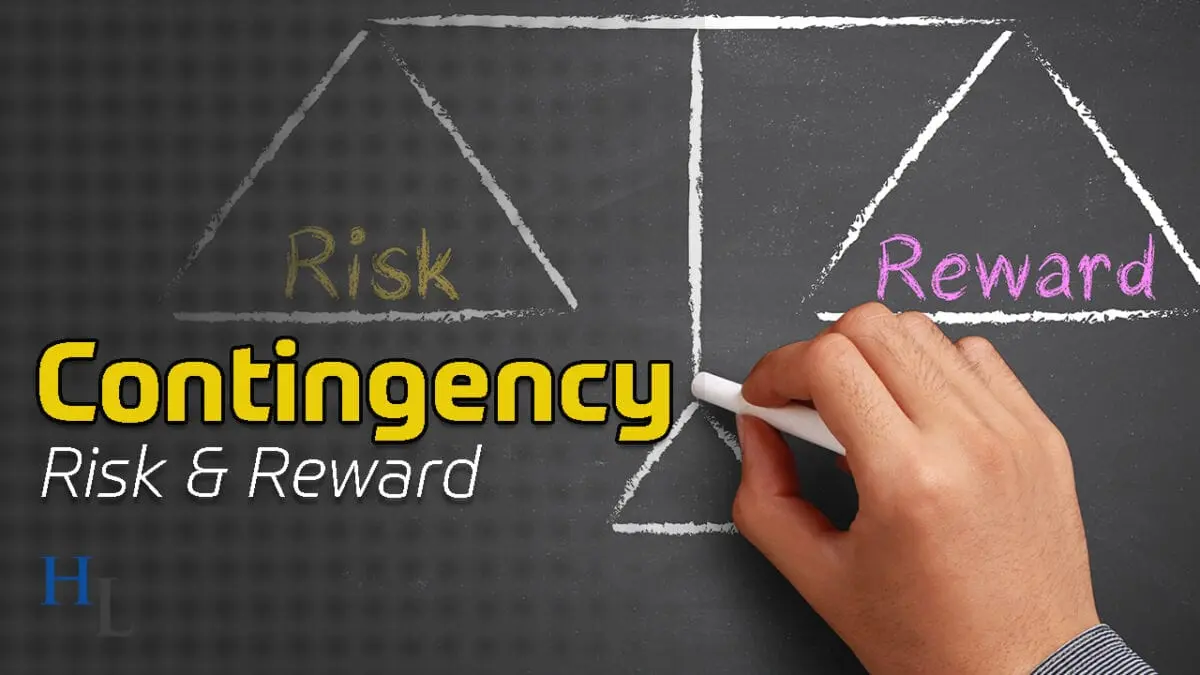
Trust Contingency Fees | Risk & Reward
I’m Mike Hackard with Hackard Law. We litigate estate and trust cases on a contingency fee basis in most of California’s large urban areas. These cases involve wealth and wealth transfers.
Clients seeking recourse for wrongful exclusion from parents’ or other family members’ estates and trusts have a choice of hourly fee or contingency fee arrangements. There is a distinction.
An attorney takes a significant risk in taking a case on a contingent-fee basis. The contingency fee agreement generally allocates a certain percentage of the recovery to the lawyer. As the California Supreme Court explained in Rader v. Thrasher, a 1962 case:
“A contingent fee contract, since it involves a gamble on the result, may properly provide for a larger compensation than would otherwise be reasonable.”
In a later 2001 case, Ketchum v. Moses, the California Supreme Court quoted Richard A. Posner’s Economic Analysis of Law in explaining the economic rationale for contingency fee arrangements.
“A contingent fee must be higher than the fee for the same legal services as they are performed. The contingent fee compensates the lawyer not only for the legal services he renders but for the loan of those services. The implicit interest rate on such a loan is higher because the risk of default (the loss of the case, which cancels the debt of the client to the lawyer) is much higher than that of conventional loans.”
In my experience, the percentage of law firms accepting hourly fee arrangements in estate and trust litigation is much higher than those that accept contingency fee arrangements. It’s understandable.
As Courts have noted, a contingent fee contract involves a gamble on the result. The risk of loss in the case is higher because fees are not being paid while hours are actually spent. While contingency fees might be a gamble, they also involve risk analysis. Risks are many:
- Existence or non-existence of documents.
- Court jurisdiction.
- Standing of parties to initiate the litigation.
- Costs, other than attorney’s fees, intrinsic to hard-fought litigation.
- Time spent on any one case.
- Veracity of witnesses.
- Probability of payment.
- Size of probable payment.
- Court and jury decisions that cannot be predicted with absolute certainty.
All that said, as I said at the beginning, we litigate estate and trust cases on a contingency fee basis. We accept a relatively small number of cases offered to us. This is our own risk analysis.
If you would like to talk with us about your case, call us at Hackard Law: 916-313-3030. We’ll be happy to hear from you.
Hackard Law: Attorneys Making a Difference

 (916) 775-8542
(916) 775-8542